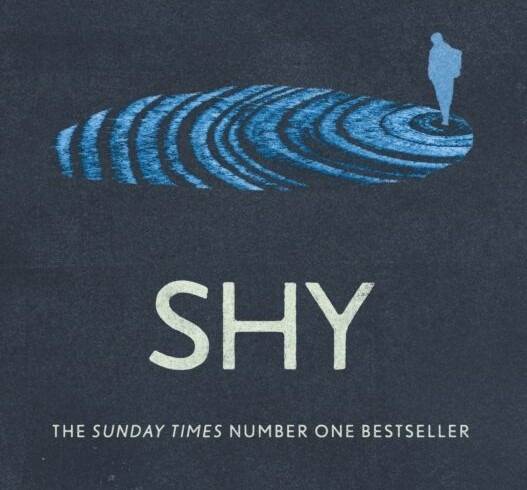David Thomson once described his films as like shot silk: they shimmer and change even as you look at them. The only time I've ever missed a deadline was when I was asked to turn around a review of his film Nashville in 48 hours, and I just couldn't organise my thoughts in the time. It was too vast and too hard to summarise. What is it with Robert Altman? It's not simply that he is a fine film-maker, though he is; nor that he reaches rare heights of cinematic complexity, though he does. It is rather something to do with the allusiveness of his characteristic style. Other directors can be allusive of course: Angelopoulos and Antonioni come to mind without even leaving the As. But Altman is that rare creature, a director within the commercial American system whose best work is elliptical, edging suggestively around its themes and characters. Nowhere is that more evident than in Nashville (1975). Two dozen characters cast adrift in that eponymous city, circling around each other, sometimes intersecting, sometimes just passing by. A kooky Californian; a singer stringing along three women; a silent conjuror astride a laid back motorbike; a political organiser; a couple of aspiring country stars and several real ones; a newly widowed man; an angry husband in search of his star-struck wife; a bored gospel singer; a breathless English journalist; an odd guy with a violin case. The list is as divergent as it is long, yet each of them is vividly specified in fine and memorable detail. Through it all runs the election campaign of an unseen candidate, whose meaningless rhetoric pours out of an ever-present loudspeaker van.
The sense that this film is 'about' America and its parlous mid-70s state is irresistible. Yet to pin down precisely what it is saying is much more difficult. Nashville trades in ambiguity, draws you into its complex narrative web, then leaves you struggling there wondering quite when the spider will arrive. It twists and turns, and at the end when everything comes together (and yet doesn't quite) seems finally to celebrate the resilience of ordinary people with a stirring rendition of 'It Don't Worry Me'. But even that, coming as it does after an assassination, is not without irony.
Nashville was the climax of Altman's finest period, starting with M*A*S*H in 1970 and including an extraordinarily deviant western, McCabe and Mrs Miller (1971), a woman compellingly driven to madness in Images (1972), a wild version of Chandler in The Long Goodbye (1973), and an evocative remake of Nicholas Ray's They Live by Night in Thieves Like Us (1974). He has never reached those heights again, and the dramatic up-and-down profile of his subsequent career is quite remarkable.
In part, of course, that is because Altman has never settled into a reliable rut. Always artistically ambitious, he has been prepared to take risks that others would shun. Sometimes that has paid off: 3 Women (1977) undoubtedly caught something of the obliquity of its times, while The Player (1992) was as good an attempt as any at biting the Hollywood hand that feeds. But sometimes ambition has simply tipped over into excess. A Wedding (1978) founders on the hubris of doubling Nashville's 24 characters, while HealtH and Popeye (both 1980) are far too over the top for their more subtle virtues to survive.
After the expensive disappointment of Popeye, Altman did recover some of his poise by eschewing the big, ambitious projects that had made his name, and turning instead to more focused films based closely on plays. Come Back to the Five and Dime, Jimmy Dean, Jimmy Dean (1982), Streamers (1983), Secret Honor (1984) and Fool For Love (1985) all have their moments, especially among the finely directed performances, but all, equally, have their flaws, their failures of judgment, their tumbles into sentimentality.
It wasn't really until Short Cuts (1997) that the Altman of plural narrative and oblique comment came back to the fore: an assembly of loosely interrelated Raymond Carver short stories, bound together in a three hour contemplation of dissembling LA folk and the often absurd contingency of their lives. It was a near return to Nashville standards, a level of achievement unfortunately not maintained in his two subsequent attempts on multiple narratives: Prêt-à-Porter (1994) and Gosford Park (2001). The former failed to generate much interest in either its characters or their intersecting lives, while the latter tried disastrously to graft a pastiche country house detective tale onto its more serious plural stories.
But at least Altman is still working, now aged 80, with A Prairie Home Companion due sometime this year: a comedy revolving around Garrison Keillor's famous radio show. Not on the grand scale of Nashville or Short Cuts maybe, but still certain to have its fair share of sharp wit and allusion. Maybe I'll get to not review it.
Altman on Altman (Faber), edited by David Thomson, is out in
January

